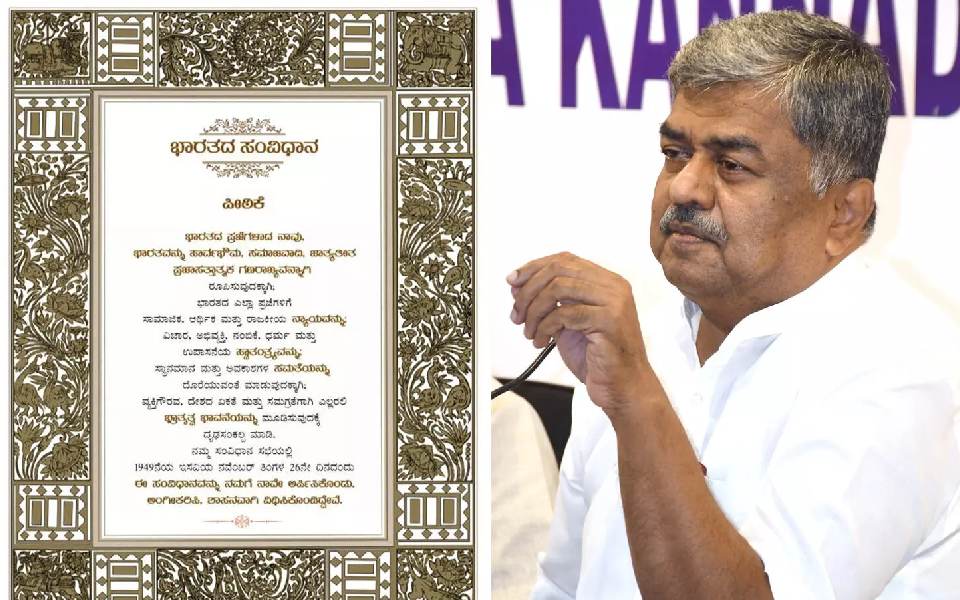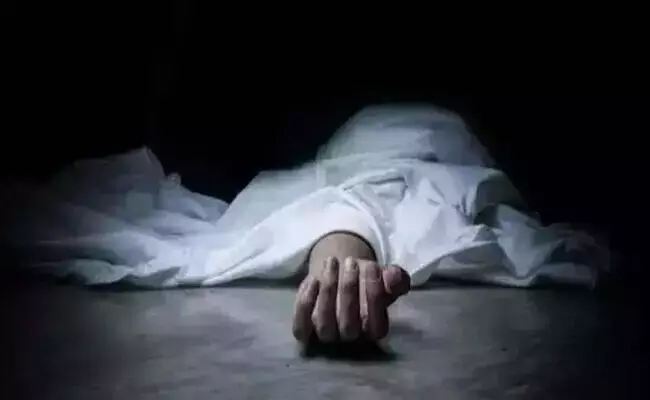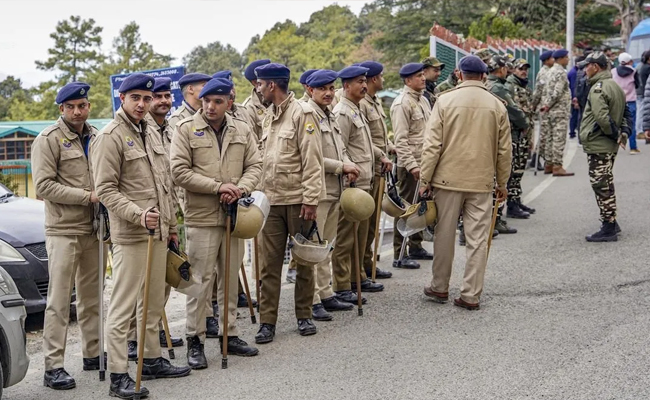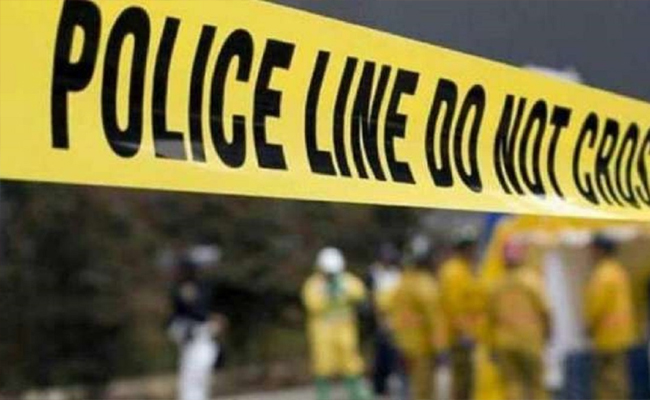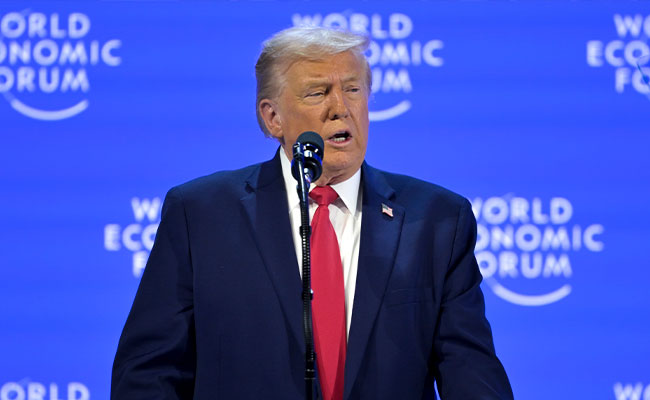Bengaluru: Congress leader B.K. Hariprasad has strongly criticized Vice President Jagdeep Dhankhar’s recent comments on constitutional amendments, calling them misleading and contrary to established constitutional jurisprudence.
Speaking to reporters in Bengaluru, Hariprasad expressed shock that the Vice President, who holds the country’s second-highest constitutional office, would spread what he termed as false narratives regarding the Constitution’s Preamble and its amendment.
Vice President Dhankhar had recently suggested that the terms “Socialist” and “Secular” in the Preamble of the Indian Constitution were not originally part of the document drafted by Dr. B.R. Ambedkar and were added later during the Emergency, thereby implying they may not align with the Constitution’s original intent.
Responding sharply, Hariprasad said, “The Preamble is an integral part of the Constitution. While the 42nd Amendment in 1976 did add the words ‘Socialist,’ ‘Secular,’ and ‘Integrity,’ the Supreme Court in the landmark Kesavananda Bharati case made it clear that even the Preamble can be amended, as long as the basic structure of the Constitution is not violated.”
Referring to Article 368 of the Constitution, Hariprasad emsed that any part of the Constitution, including the Preamble can be amended, provided such amendments do not alter the basic structure. He accused the Vice President of misrepresenting this legal position.
"The Vice President is misguiding the public by distorting the interpretation of constitutional amendments. The Kesavananda Bharati judgment clearly recognized that the Preamble, though reflective of the Constitution’s spirit, is amendable," he asserted.
Hariprasad highlighted the significance of the 42nd Amendment introduced by then-Prime Minister Indira Gandhi during the Emergency in 1976. This was the only time the Preamble was amended to include the words “Socialist,” “Secular,” and “Integrity.”
“These words reflect the foundational values of our democracy. ‘Socialist’ aligns with the Directive Principles of State Policy, while ‘Secularism’ is enshrined in Articles 15(1), 15(2), 29, and 30 of the Constitution,” he said.
B.K. Hariprasad stated that through this amendment, Indira Gandhi gave a physical form to the soul of the Constitution. The highest constitutional values, socialism, secularism, and national unity and integrity, took a clear shape at that time. He said that only anti-national elements are always afraid of giving importance to national unity and integrity.
Whatever was embedded in the essence of our Constitution was brought out more clearly through the 42nd Amendment. After the 42nd Amendment, the Preamble of the Constitution declared: "India is a Sovereign, Socialist, Secular Republic." What is wrong with this? No ordinary citizen of the country has any objection to this. Only those who are against socialism and secularism may have objections, he criticised.
Responding to criticism of the Emergency, Hariprasad defended the move as a constitutional necessity given the internal threats to national unity at the time.
Listing several serious challenges faced during the mid-1970s, including alleged assassination attempts, sabotage of public infrastructure, and violent agitations by opposition groups, Hariprasad maintained that the imposition of Emergency was within the constitutional powers granted under Article 352.
“The attempt to portray the Emergency as unconstitutional ignores the fact that the Constitution provides for such measures in times of grave internal threat. It was implemented to safeguard the nation’s sovereignty and integrity,” he said.
He cited examples such as:
1. The assassination of Union Railway Minister Lalit Narayan Mishra.
2. The attempted assassination of then Chief Justice of India, A.N. Ray.
3. In Gujarat and Bihar, elected MLAs were pressured and threatened to resign, and there were attempts to dissolve the legislative assemblies of both states.
4. A conspiracy in Baroda to damage government infrastructure and railway bridges by detonating dynamite.
5. Acts of treason were carried out, such as attempts to incite the army and police personnel—who were serving with utmost patriotism—against the nation.
6. In May 1974, there was an attempt to disrupt public life and the national economy through a railway strike.
7. There was an attempt to blockade the Prime Minister's residence and Parliament with the declared intention of obstructing governance in the country.
8. In connection with the Allahabad High Court’s verdict, efforts were made to prevent the Prime Minister from seeking legal remedy. The High Court withheld its judgment for 14 days and delivered it on June 12, 1975. The Supreme Court also issued a stay order on June 24, 1975. The opposition parties, who refused to accept the Allahabad High Court verdict and the Supreme Court's stay, took the law into their own hands.
9. The opposition parties abandoned the democratic process and the peaceful constitutional method of changing the government and instead took to the streets in agitation.
10. After the 1971 parliamentary elections, elections were to be held again in 1976. At that time, the opposition parties could have waited for six more months and launched their movement. However, they chose unconstitutional and anti-democratic methods to overthrow a democratically elected government. No government in power would remain a silent spectator in the face of such attempts to create anarchy in the country. All these people are now making countless efforts to portray the Emergency imposed in 1975 as unconstitutional. But when the unity, integrity, and sovereignty of the country are under threat, the Constitution itself grants the authority to impose an Emergency. They are trying to hide this truth, said B.K. Hariprasad.
He further said that when enemies outside the country attack or anti-national forces inside the country create riots, the Constitution of India clearly states under Article 352 that an Emergency can be imposed to protect the sovereignty of the nation. It was under this very authority that the government led by Indira Gandhi constitutionally declared the Emergency. To say that the Emergency was unconstitutional is like rejecting our very Constitution itself.
Hariprasad explained that the phrase “Unity of the Nation” in the original Preamble was revised to “Unity and Integrity of the Nation” during the 42nd Amendment to emphasize the government’s commitment to national cohesion.
He recalled the multiple separatist movements and language riots that had erupted in India before and after Independence. “From the 1966 cow protection riots to the Baroda dynamite conspiracy and the Khalistan movement that ultimately claimed Indira Gandhi’s life in 1984, her political journey was defined by a relentless struggle to preserve national unity,” he noted.
Quoting former UK Deputy Prime Minister and Labour Party leader Michael Foot, Hariprasad said, “If India remained united during the turbulent years from 1966 to 1977, it was solely due to Indira Gandhi’s leadership.” He described this as one of the greatest tributes ever paid to Gandhi by the international community.
Let the Truth be known. If you read VB and like VB, please be a VB Supporter and Help us deliver the Truth to one and all.
Ranchi (PTI): The body of a migrant worker from Jharkhand’s Giridih district killed in Saudi Arabia in October last year has arrived at Ranchi Airport, but his family refused to accept it over pending compensation, officials said.
Shikha Lakra, team leader of the state migrant control cell, told PTI that, before taking the body of Vijay Kumar Mahato, the family is demanding compensation from the private company where he used to work in the Arab country.
Mahato was killed in an alleged crossfire between the police and criminals.
“Since it was a bullet injury case, the matter is before a court in Jeddah. The final compensation may depend on the court’s decision,” Lakra said.
“The Indian Embassy informed us about the body’s arrival, and coordination was done with district authorities. Our role is limited to coordination in cases involving overseas employers and foreign jurisdiction,” she added.
Giridih Deputy Commissioner Ram Niwas Yadav said the authorities will try to convince the family to perform the last rites.
“We have already sanctioned Rs 5 lakh under the government scheme for migrant’s deaths abroad. The compensation payment might take some time,” he said.
The body is currently at the mortuary of Rajendra Institute of Medical Sciences (RIMS) in Ranchi.
The Family members said they will only accept it if the company provides written assurance regarding compensation. “Without that assurance, we will not receive the body,” said Ram Prasad Mahato, the deceased’s brother-in-law.
Mahato, a native of Dudhpaniya village in Madh Gopali panchayat under Dumri block, was employed as a tower line fitter. His family said he was struck by a bullet during a gunfight between local police and an extortion gang and later succumbed to his injuries.
Social activist Sikander Ali said Mahato is survived by his wife, two young sons aged five and three, and elderly parents.

